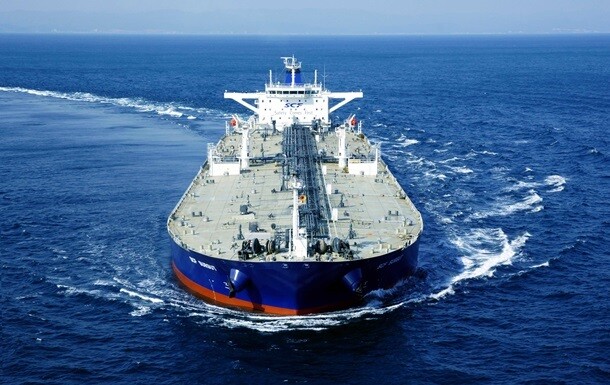Two officials from the US Treasury Department will visit Europe next week to engage in discussions about enforcing the price cap on Russian oil, Reuters reports.
Elizabeth Rosenberg, Assistant Secretary for Terrorist Financing and Financial Crimes, and Eric Van Nostrand, Assistant Secretary for Economic Policy, are scheduled to be in Brussels on 18 December and in London from December 19-20.
According to Reuters, a source familiar with the trip stated, "They will be discussing the full range of policy options related to the price cap, including recent steps taken by both the US, the EU, and other Coalition members."
This visit follows the European Union's agreement on a 12th package of sanctions against Russia on 14 December, which included stricter requirements for companies claiming adherence to the Group of Seven's price cap on Russian oil. In December 2022, the West set a $60 price cap on seaborne exports of Russian oil as part of sanctions aimed at punishing Moscow for its war on Ukraine. This mechanism prohibits Western companies from providing maritime services, such as financing, insurance, and shipping, for oil sold above the cap.
The cap has compelled Russia to redirect its oil sales to distant countries like China and India and invest in an aging "ghost fleet" of tankers. The US Treasury cited analyst Jeffrey Sonnenfeld's calculation that these export costs outside the cap amount to $36 per barrel, thereby reducing Russia's ability to fund its military efforts in Ukraine. Despite this, Russia has managed to mitigate some of the sanctions' impact due to rising oil prices this year.
Earlier, Bloomberg reported that despite the imposition of Western sanctions, Russia’s monthly income from oil exports is now higher than it was before its invasion of Ukraine in February 2022. Russia’s net oil revenues of $11.3 billion in October accounted for 31% of the nation’s overall net budget revenue for the month – the highest level since May 2022. October’s oil profits also exceeded any single month in the year prior to the invasion, which initially caused major volatility in Russia’s exports.
On 1 December, the US Treasury Department’s Office of Foreign Assets Control implemented
new sanctions against three companies from various countries and three vessels engaged in operations to sell Russian oil above the established price caps.
Read also:
- Lithuania delivers several million rounds of ammunition to Ukraine
- Ukraine invites Türkiye to join maritime coalition
- EU plans alternative Ukraine aid strategy amid Hungary’s veto
- Russia seeks to expand aviation partnership with seven countries to bypass sanctions




